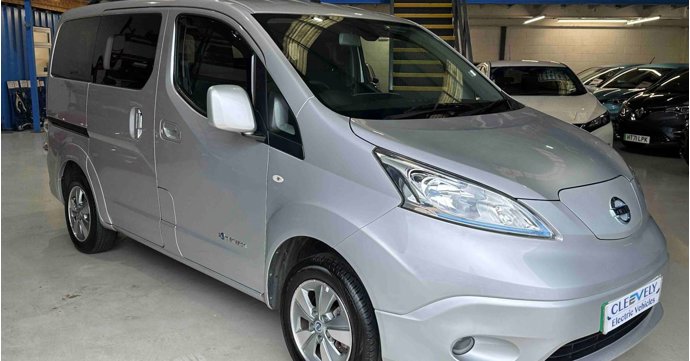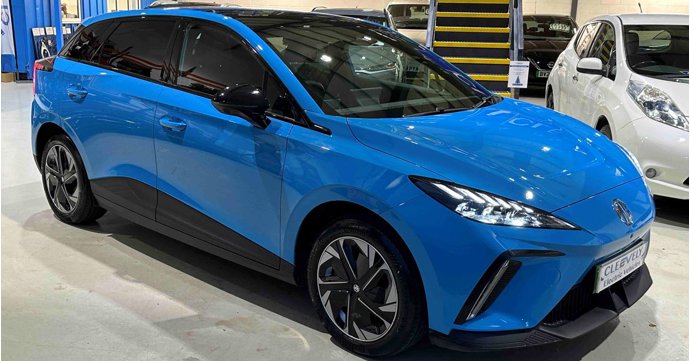With the sale of new petrol and diesel cars set to be phased out by 2035, the country is making moves to encourage a migration towards electric vehicles — with the UK government putting almost £400 million towards creating a reliable charging infrastructure, to entice drivers to make the switch.
Although the thought can be daunting for many, Cheltenham garage and electric vehicle expert, Cleevely EV, explains why drivers should put their trust in electric vehicles and make the switch in 2024 — and why range anxiety is becoming a thing of the past.
On average, how far can an EV travel on one charge?
Current EVs on the market have an estimated range of between 100 and 300 miles, depending on the make and model.
The technology has come on so far — some of the earliest electric vehicles, which would be about 12 years old now, had a much lower range of between 40 and 80 miles!
What sort of factors influence an EV's range?
The biggest influence on an EV's range is driving style.
The use of heating and air con, as well as factors like the weight of load, incorrect tyre pressures and the length of journeys, will all have an effect on range — exactly as they have an impact on fuel usage in a petrol or diesel vehicle. With an electric vehicle, you have a smaller capacity in the battery for energy than you do in a large fuel tank.
There are some winter weather bonuses though. If you're able to charge your car at home, you can defrost and preheat it ready for travel without using your fuel or battery range!
Advances in EV technology mean cars can travel further on a single charge. But is range anxiety being replaced by 'charging anxiety'?
There are some key differences between range anxiety and charging anxiety.
Range anxiety describes the fear of not having enough power in the tank to reach your destination, fuel station or charging opportunity. It's used in relation to electric vehicles, but people are already used to limiting their range when driving a petrol or diesel car without a full tank — an EV is no different.
Charging anxiety is anticipating that when you arrive at a destination to charge, there will be issues. For example, the equipment might not be reliable or there may not be a charge point available.
How is the UK investing in EV charging infrastructure?
The UK government has pledged to invest £380 million to encourage EV uptake. There are a vast number of private companies working to develop EV infrastructure, too.
Gridserve and Fastned are two companies providing options that would work well in Gloucestershire. They are creating electric vehicle charging forecourts, which include solar powered canopies to bolster the electricity requirements.
More fuel companies are stepping forward and adding vehicle charging areas on their forecourts, too, so watch this space — before you know, talk of charging anxiety will be abolished!
What can people do to reduce their range anxiety and charging anxiety when it comes to driving EVs?
Remember: anywhere you have access to electricity, you can charge an EV!
Planning your journeys and knowing where you can charge will help, as will gaining confidence in charging at different places and on different charge points. Experience will help you build your confidence and trust in electric vehicles, therefore reducing your anxiety.
What would you say to someone who is reluctant to switch to an EV because of range anxiety?
Preparation is everything! Consider your journeys: where are you going? Is there an option to charge while you're there? Will you even need to charge, or do you have enough range to complete your journey? If you have a friend or colleague that already drives an electric vehicle, ask them questions.
You can also arrange to come and have chat with us at Cleevely EV — we are EV owners and users ourselves! You can arrange a test drive with us to try an EV and see how it could fit into your lifestyle.
Once you've worked out the whys, wheres and hows, all those anxieties will become a thing of the past!





















